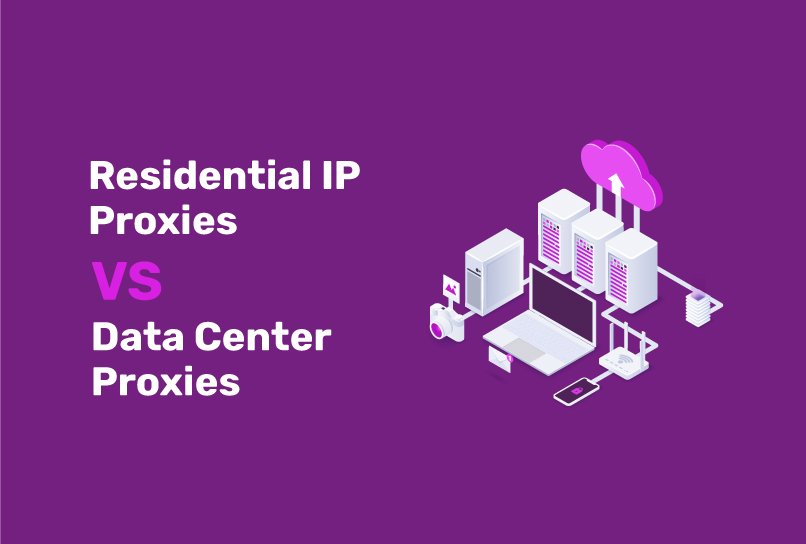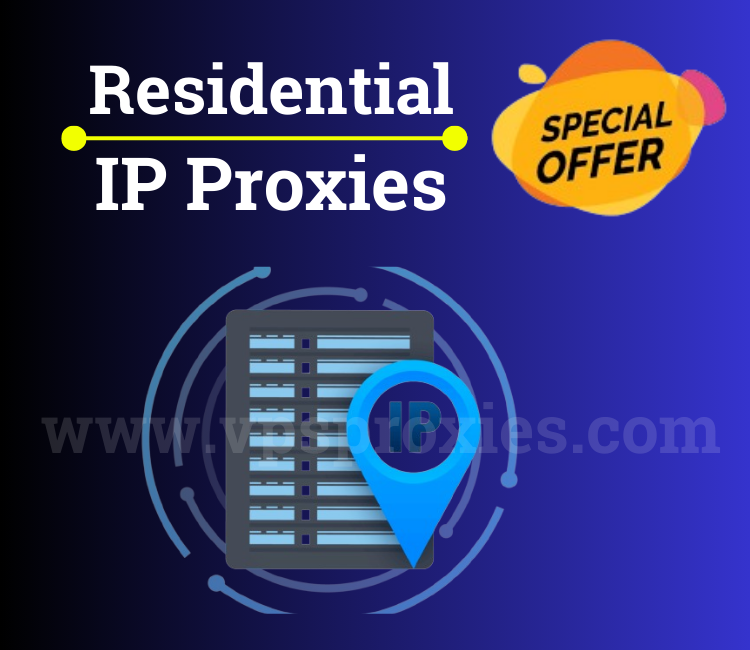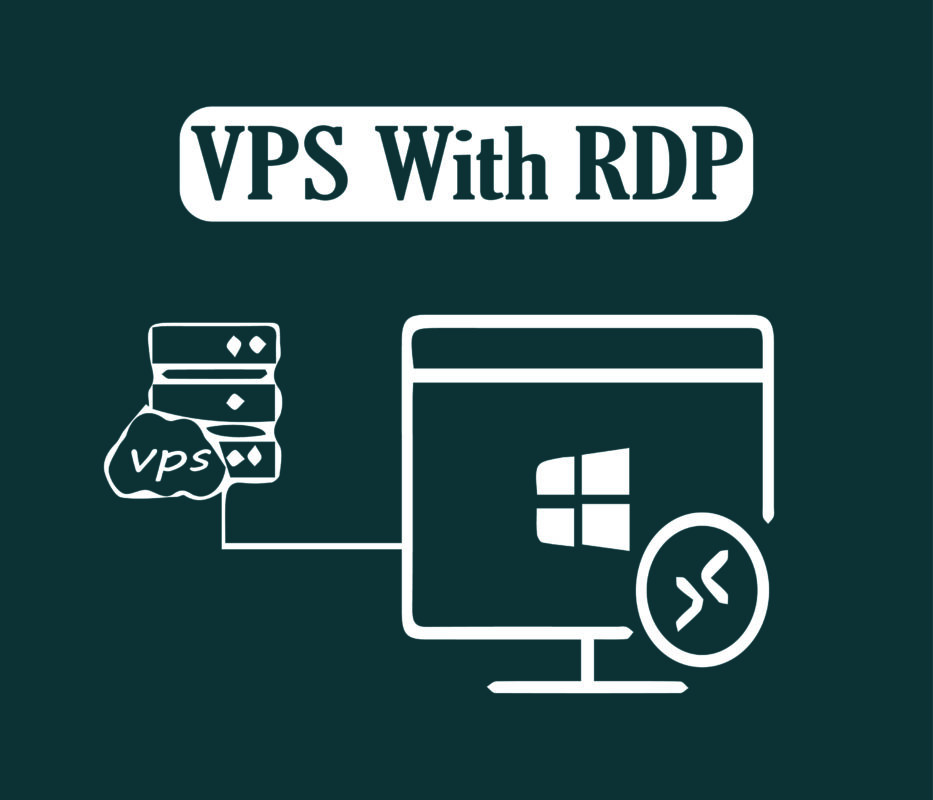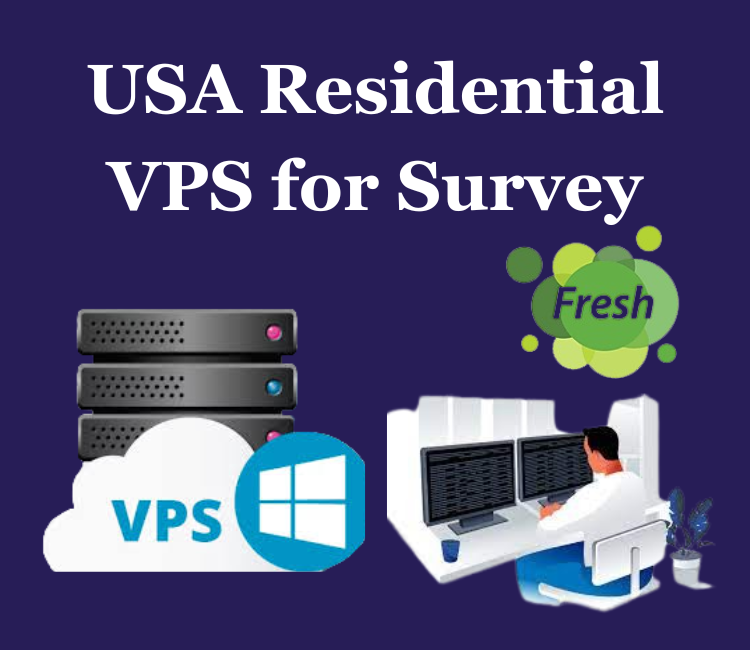Uses of a Data-center Proxy that are common
1: Esports data analysis
This company provides conventional sports, esports, and the entertainment industry with multi-sense big data mining and analytics services. They provide in-depth analytics for use in esports broadcasts and live to stream. They do this by collecting, researching, processing, and analyzing data and statistics from the following sources using the shared proxies provided by our Data center:
Live competitions and events
events happening in-game in real time
The play of the players and teams involved
emotional circumstances and responses from spectators on various social media networks
2: Location-specific content verification
This is a news agency that provides service to a variety of important sites, including the following:
USA
CANADA
AUSTRALIA
UNITED KINGDOM
They make use of the IP addresses of the data centers in order to assess the consistency and appropriateness of the material that is being shown to each specific local audience.
3: Investigation of the Competing Market for Purchasing Online
This is a very modest corporation with its headquarters in the United States that makes use of IP addresses from data centers in order to compile information on its direct market rivals about pricing and product inventories.
Common ways to use a residential proxy
User-generated content is at the forefront of social media marketing.
A design firm that also offers assistance to its clients in the area of digital marketing. They make use of Residential Proxy networks in order to administer the social media accounts of their customers from a variety of allocations and to increase the percentage of successful data collection attempts they make on various social media platforms. Typically, they would gather social sentiment data from target audiences in order to “take the pulse” on various sectors. In addition, they will follow the activity of their client’s competitors, including advertising efforts and organic post interaction (likes, shares, comments).
2: A Significant Competitive Research of both the Retail Sector
The customer is a modest business that operates an electronic version of a women’s clothing store. They also offer their products on other online marketplaces such as Amazon and eBay in addition to selling directly from their own website. They employ Residential Proxies based in the United States and China in order to check on the online availability of items that are comparable to those offered by competitors. They are particularly interested in seeing real-time pricing adjustments, customer feedback, and variations in the variety of products in the product catalog so that they may adapt their store or the products they sell properly and grow their market share.
3: Business Intelligence
The purpose of this company’s site data collection is to enhance the Machine Learning (ML) tool that they provide to Venture Capital (VC) firms who are searching for new businesses to invest in. Scraping open-source source source source LinkedIn data on target corporate organizations presents them with a number of obstacles (typically, they experience lower-than-expected then than expected success rates). They are now making use of Residential Proxies in order to considerably increase the percentage of transactions that are successful and to provide their clients with financial advice that is both more timely and accurate.
The term “data-center proxy” refers to an Internet Protocol (IP) address that is not linked to a specific Internet Service Provider (ISP) at a residential location (e.g., Verizon or AT&T). Typically, a group of IP addresses for a data-center will be allocated to a single server, which will function as the conduit via which data collecting traffic will be directed.
What exactly are these “Data center Proxies,” then?
Data-center Proxy Explain: Shorter request trips imply speedier data retrieval times.
These are one of the most budget-friendly alternatives to proxy servers that are now offered on the market.
Static IPs are Internet Protocol addresses that do not change. They provide companies the ability to maintain a steady and constant IP address from which they may conduct their operations.
Begin using Data-center Proxies right now.
What exactly are residential proxies, though?
Residential Proxies are Internet Protocol addresses (IPs) that are associated with physical equipment that are owned by actual individuals who live in various towns and countries all over the globe. People have the option of enrolling their electronic gadgets in a peer-to-peer network, which allows companies to compile data from the user’s point of view while compensating participants (with a premium membership of an app, for example).
Proxy server for residential use Demonstrate that this network gives businesses the ability to send a virtually limitless number of data requests concurrently.
achieving better rates of success, providing information that is more reliable, and providing a wider variety of venues from which to pick
By leveraging a peer, so that the request can be recognized as coming from a person, it will be possible to access additional target sites that have more stringent blocking methods.













